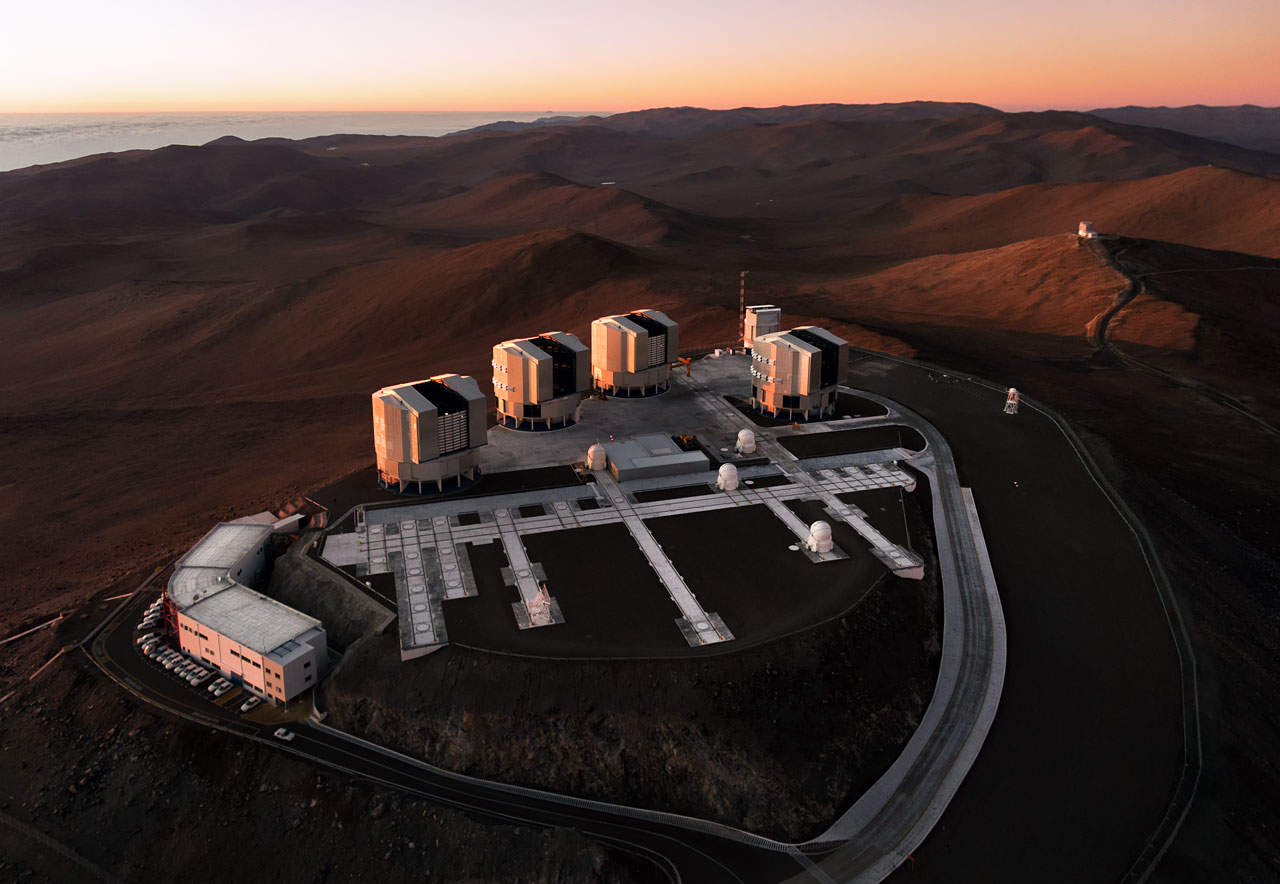ABL Space exits commercial launch market, shifts focus to missile defense

WASHINGTON — ABL Space Systems, a six-year-old launch startup, announced it is exiting the commercial launch market to focus on missile defense programs for the Pentagon. The move comes after a string of setbacks and mounting challenges in gaining traction against dominant players like SpaceX and Rocket Lab.
“We are stepping away from the commercial launch market and focusing our efforts on missile defense,” ABL’s co-founder and president Dan Piemont said in a social media post Nov. 14. He cited diminishing opportunities in the launch industry and geopolitical tensions as key factors driving the decision.
Based in El Segundo, California, ABL plans to repurpose its RS1 rocket, originally designed to carry small satellites into orbit, for military applications. The company aims to position its launch technology as a cost-effective solution for missile defense programs, for example, as target vehicles in weapons testing.
The RS1’s modular design, which allows it to be packaged in standard shipping containers for rapid deployment, makes it particularly appealing for military use, Piemont said.
This shift could put ABL in direct competition with established defense contractors that dominate the missile defense sector. ABL presumably would offer more affordable options to the Pentagon as the U.S. military ramps up missile-defense efforts.
“We’ll have more to share soon on our roadmap and traction in this area,” said Piemont.
The Pentagon is expected to increase development and testing of missile interceptors, a sector that grew during Donald Trump’s first term as president and analysts believe will see increased investment under his second term amid tensions with nations like China, North Korea and Iran.
Challenges in launch sector
ABL’s withdrawal underscores the difficulties facing small launch providers. While the company raised more than $500 million in venture funding and secured contracts with major clients like Amazon’s Project Kuiper and Lockheed Martin, it struggled to deliver reliable launch services.
The RS1 rocket suffered two high-profile failures: an inaugural flight in January 2023 that ended shortly after liftoff due to a fire, and a static fire test in July 2024 that resulted in the rocket’s destruction. These setbacks, combined with cost-cutting measures that included layoffs, made it increasingly challenging for ABL to remain viable in the commercial sector.
The small-satellite launch market has seen other casualties as well. Virgin Orbit filed for bankruptcy last year, while Astra has faced ongoing technical and financial difficulties. Analysts note that new entrants face steep hurdles, including high development costs and the difficulty of competing with companies offering frequent and reliable launches at lower prices.
Related
Read the original article here




